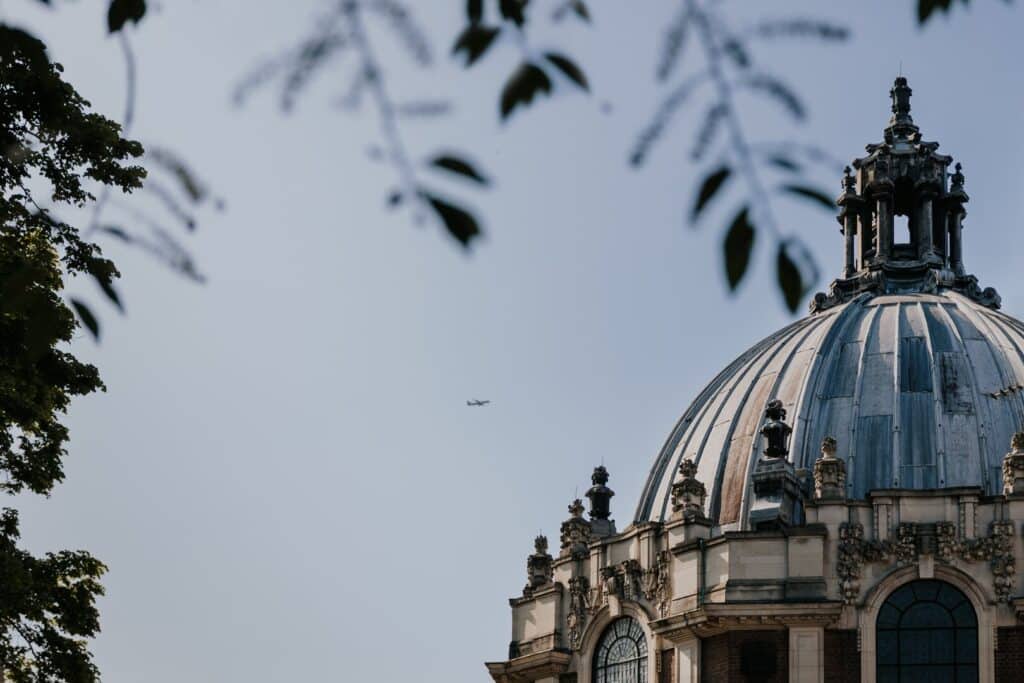Mustians House (AMM) undertook Thornton Wilder’s 1938 experimental drama ‘Our Town’ in the week after St. Andrew’s Day, running the play for three days in the Caccia Studio. As with most productions of ‘Our Town’, the props and setting were kept to a minimum, with benches, flowers and a table serving as the only props in the play. The actors chose not to speak with American accents, unlike its New Hampshire setting, while any walls and doors were taken out in favour of a dirt covered stage.
'Our Town’ depicts, as the title states, the town of Grover’s Corner. The milkman delivers milk, the paper boy comes on his route, the characters romance, marry, and die. The play is essentially about our state of being: living, loving and dying, told through the lens of a town. It could almost be our town. In a sense, the play has a universality with its viewers through its sparse decoration, imploring them to project their own version of realism onto the stage. The play relies on its distinctly meta-theatrical devices, with the ‘Stage Manager’ taking the role of omniscient narrator in the play. The audience is never passively engaged, but instead, partakes in the drama with a rare empathy, something not seen often in theatre, or in media at all.
The director Scott Hurran, the Farrer Theatre team, and most of all, the AMM boys, deserve much credit for the production. The actors play their roles with a breathless vitality, most of all in the depiction of the young couple Emily Webb and George Gibbs. The wry, knowledgeable Stage Manager is played with composure and confidence, while the rest of the cast brings the stage to life, never wavering in their character’s insistent hopes and unrelenting sorrows.
Vernon Li
Photos: Jasper Sodha



